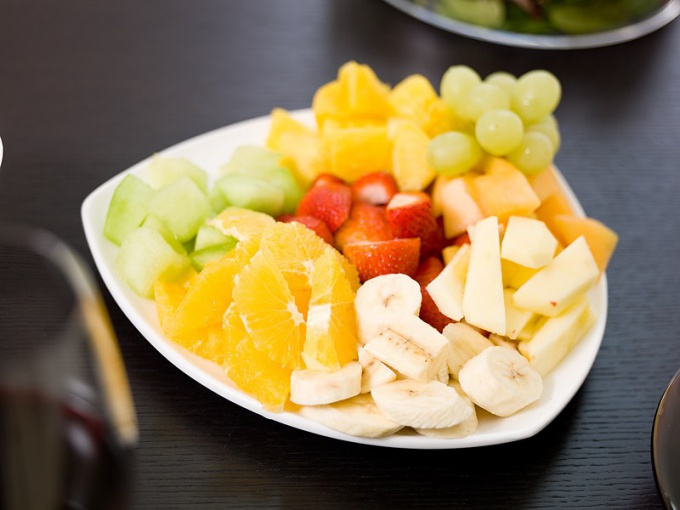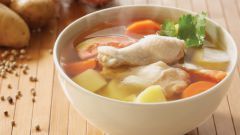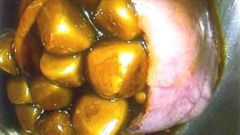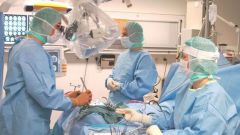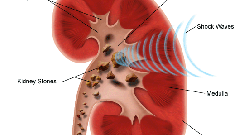Diet after removal of gallstones
Operative intervention is necessary in order to release bile ducts and restore bile flow. Otherwise, it starts the inflammation, accumulation of fluid in the body, which often ends in death.
First of all, sparing the menu implies the exclusion of fatty foods, that loads the gall bladder and pancreas. For this reason, you should prefer lean fish, meat, poultry, choose dairy products with minimal fat content, replace animal fats with vegetable oils, etc.
An important principle of supply during the period of rehabilitation – division of the daily dose for 5-6 receptions. Fractional diet can facilitate the digestive tract, helping to restore the patient's body.
Primary methods of cooking are cooked meals and products prepared on pair.
For quick recovery will exclude the following products:
- fried, smoked products;
- semi-finished products;
- various sweets;
alcoholic beverages
- marinades, preserves, pickles;
- fresh baked goods;
- fatty meats and fish;
- spices and herbs.
Moreover, all dishes are recommended to use exclusively in the form of heat, which allows not to cause irritation of the mucous membrane of the internal organs of digestion.
Recommendations after surgery
It is important to note that the removal of stones in the gallbladder involves a sufficient flow of fluid into the body. Preference should be given herbal teas, fruit drinks, juices, mineral waters etc Any drink should be at room temperature.
Choose baked goods with added bran.
The first month after surgery to remove the stones is necessary to reduce the load on the affected organ, so the first dishes (soups), add the cereal and carefully pureed vegetables. Solid food particles can injure the walls of the internal organs.
After 2-3 months you can slightly vary the diet with caution. For six months, avoid consumption of junk meals and foods that affect the gall bladder and the digestive tract.
Proper nutrition during the recovery period allows to ensure the normal flow of bile stagnation, which gradually leads to the formation of stones in the gall bladder and ducts.
